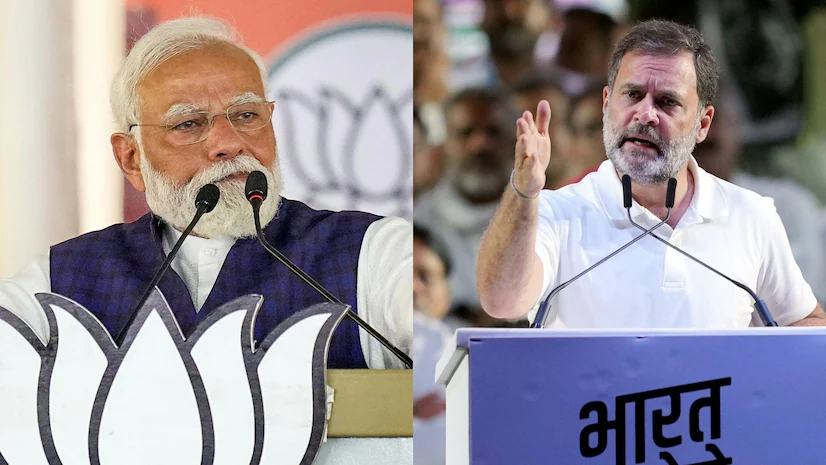by Clara Cho | Apr 18, 2025 | Boston University
In early January of 2025, freelance journalist Mukesh Chandrakar was found murderered in Bijapur, a district within Chhattisgarh, India. His body was found in a septic tank shortly after he was on assignment to invesitage alleged corruption around local road...

by Kutlu Acun | Feb 5, 2025 | Sabanci University
Recently party politics agenda has been occupied by the debates of rising right-wing extremism, challenging and changing the status quo in many countries. The discussion around extremism(s) attaches specific importance to populist and authoritarian tendencies gaining...

by elizabeth_morvatz@brown.edu | Dec 4, 2024 | Brown University
“All elected leaders buy votes. Even children know that” (NPR). This is how governance in India is viewed by many of its citizens: a system that is democratic in name, with duly elected leaders, but cannot avoid the influence of money and power. One of the faults of...
by Anna Thorner | Jun 24, 2024 | University of the Philippines, Diliman
Political power, a vital yet oftentimes insidious force, corrupts even the most representative of political parties. However, democratic institutions are our greatest arsenal against this corruption, serving as weapons, safeguarding the trust of the people and...
by Sean McGinley | May 8, 2024 | Ursinus College
On April 19, 2024, citizens of India, the world’s largest democracy, will start to participate in the Lok Sabha elections. The Lok Sabha is the lower of the two houses that make up India’s parliamentary system. Whoever wins a majority of the Lok Sabha’s 543 seats...




